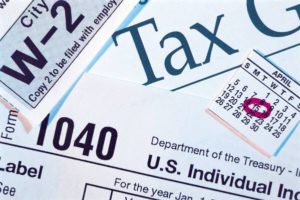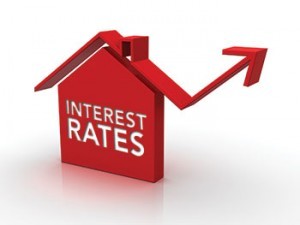Dear Liz: I have had a reverse mortgage on my condo since 2009, due to financial necessity. The interest rate on my mortgage keeps going up. Could the interest rate be reduced by changing lenders or would there be exorbitant fees involved in the process? My financial standing is not good, and I am in credit card debt. However, I do pay the minimum payment each month on each card. Being retired, I need some guidance on relieving the financial pressure I am currently experiencing.
Answer: Please consult a bankruptcy attorney.
Changing reverse mortgage lenders would indeed involve considerable expense and wouldn’t relieve any financial pressure because you don’t have to make payments on this kind of loan. (For those who don’t know, reverse mortgages allow people ages 62 and older to tap their equity in a lump sum, through a stream of monthly checks or via a line of credit. The debt grows over time, typically at a variable interest rate, but the borrower doesn’t have to make payments. The loan is repaid when the borrower moves out, sells the home or dies.)
If you can pay only the minimums on your credit cards, you probably have more debt than you’ll be able to repay. Some people manage to dig themselves out of such debt, often by working two jobs and dramatically cutting their expenses. They may use a debt management plan offered by a credit counselor to reduce their interest rates. Sometimes they sell their homes and use the equity to pay off the debt.
You can explore these options, of course, but chances are they won’t be a solution for you.
You may not be able to find a job, or have the stamina to work. Selling your home to pay off the debt would leave you without a house in your old age and may leave you without income, if you’re getting monthly checks from your reverse mortgage. If you borrowed a lump sum instead, your debt may have grown to the point where you don’t have much equity left anyway.
Your situation is one of the reasons many financial planners are leery about reverse mortgages. They can be an extremely helpful tool in retirement, but sometimes people use them as a way out of a financial jam without addressing the spending or other issues that got them into the jam in the first place.
 Today’s top story: 6 ways the tax plan could change homeownership. Also in the news: What the Fed rate hike means for student loans, what it means for your CDs, and how Donald Trump is shrinking your paycheck.
Today’s top story: 6 ways the tax plan could change homeownership. Also in the news: What the Fed rate hike means for student loans, what it means for your CDs, and how Donald Trump is shrinking your paycheck. Today’s top story: What to do about the Fed rate hike. Also in the news: How to deal with credit card fraud, driverless cars, and how your credit card debt is costing you nearly $1000 a year.
Today’s top story: What to do about the Fed rate hike. Also in the news: How to deal with credit card fraud, driverless cars, and how your credit card debt is costing you nearly $1000 a year. Today’s top story: 5 times your credit card issuer can raise your interest rates. Also in the news: 3 DIY options for making a will online, how to split insurance in a divorce, and how much you can make in the freelance economy.
Today’s top story: 5 times your credit card issuer can raise your interest rates. Also in the news: 3 DIY options for making a will online, how to split insurance in a divorce, and how much you can make in the freelance economy. Today’s top story: Fed point fingers as ‘Debt Relief’ companies prey on student loan borrowers. Also in the news: Distressed borrowers say student debt help was anything but, why investors care about rate hikes, and why your credit cards shouldn’t retire when you do.
Today’s top story: Fed point fingers as ‘Debt Relief’ companies prey on student loan borrowers. Also in the news: Distressed borrowers say student debt help was anything but, why investors care about rate hikes, and why your credit cards shouldn’t retire when you do.